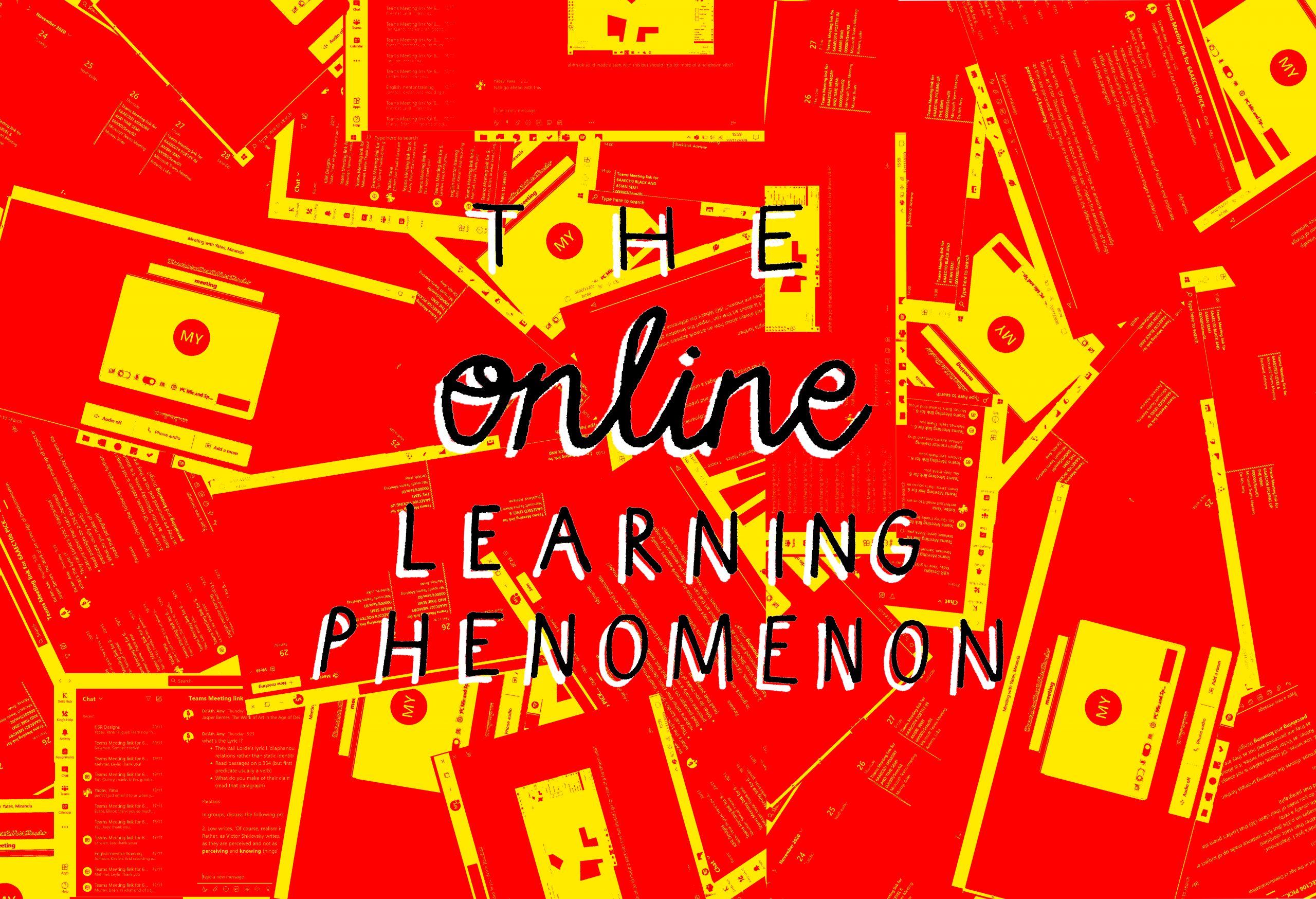Whether you are a fresher or a fifth-year med student, the enthusiasm you felt for the beginning of a new university year probably included an anticipation for experiencing campus life, socializing with your fellow students, or exploring the wonders of London. Instead, you find yourself in the comfort of your own home, staring at the screen of your computer, your very identity as a student reduced to and lost amongst countless unfamiliar names and motionless profile pictures on Microsoft Team meetings. In a way, it seems that the implications of these adverse times we’re living in have taken away the ‘living’ experience out of university life – everything has become a virtual encounter that can be paused and rewound at will, with no immediate consequences for those who choose not to press the ‘play’ button altogether.
It cannot be denied that the manner in which the KCL academic staff has adapted to the situation is to be admired. All resources have been made accessible to people studying from all over the world, assistance can be given to anyone who asks for it, and the KEATS platform has been completely updated with materials and means to keep track of our progress. However, the extent to which we take advantage of these resources is up to us, and motivation can be hard to come across when you have been transported from a dynamic, academic environment to the familiarity of your own bedroom. Knowing that you can watch lectures whenever you choose to, and take as much time as you want in doing so, makes the very act of doing it seem less pressing or, dare I say, imperative. For students who have had all their exams scheduled for the end of the academic year, revising and taking notes on core readings seem susceptible to postponing until a more urgent time – especially for those with the knowledge that these exams will be online, or even open-book assessments.
The social factor is yet another variable whose influence cannot be underestimated. You could say that the very fact of being surrounded by other students can help bring out the student in you. Studying alongside your fellow students in the university library seems to bring about more achievements as opposed to when you are on your own. Knowing that you can reward your hard work with a social meet-up with your university friends helps motivate you to do your best, in order to feel that you have earned your fun at the end of the day. Now, the possibility of such small pleasures seems to diminish by the day, with no certainty regarding the improvement of the situation anywhere in sight. For me, these changes to student life have brought about a paradoxical experience: knowing that I am at home every day, and therefore have all the time in the world to get started on my studies, makes me postpone my work until, on occasion, I end up not doing anything at all. While I do not encourage this unproductive approach (as it often makes me incredibly frustrated with myself), I cannot help but think that I am not the only student experiencing this suboptimal productivity in the context of online learning. I have always been a student that requires pressure as a motivator. While this could seem to be impractical for other people, knowing that attendance is a requirement, that deadlines are not flexible, and that my own preferences have no influence over the times lectures have to be delivered have given me the motivation to keep up with my workload and stay on track when it comes to my academic path. Random encounters on campus with my fellow students, evolving from friendly chat to the dreaded question of ‘How far along are you on the reading for this topic?’ have acted as reminders of the responsibilities, and wider purpose, of being a student.
However hard it may seem to get back on track once you’ve fallen behind, we all need to remind ourselves that every moment spent working towards our future goals matters. Change can be made at any step along the way, and not one path is deterministic. We are not alone in our struggle as students, thrown into this whirlwind of unconventional learning and controversy. The social gap left in our everyday life cannot be ignored, and tending to our mental health and needs as individuals is essential. Online study sessions with our fellow students and video calls with our friends are but small comforts that can help us overcome the adversity of the situation, and make it a reflection of what it could have been instead. Scheduling our university work and sticking to a study routine can help us find the rhythm that had come so naturally before, but got lost somewhere along the way.
It is true that we are all different, which in itself means that we are all unique in our individuality. We all have to find our own pace, and tailor it with regards to our own goals and aspirations. But we are not alone in this endeavour, and seeking advice and support from others is all but unnatural. While it is hard to find the perfect solution to an imperfect situation, we are all, with a collective voice, working towards the final outcome – and surely, along the way, each of us will find the answer we have so arduously been searching for.






0 Comments